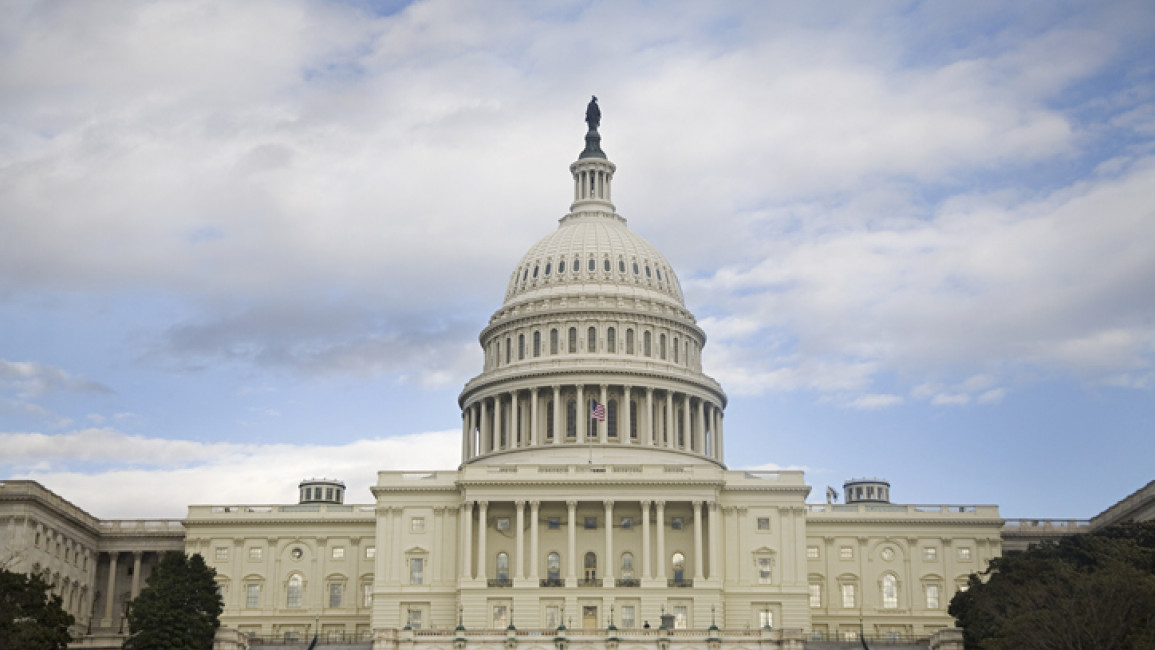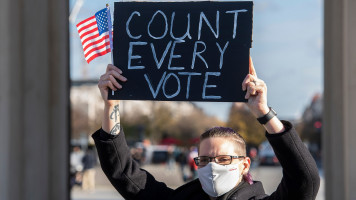Lower chamber of US Congress passes bill ensuring contraception rights
The US House of Representatives on Thursday passed a bill ensuring access to birth control nationwide, a month after the Supreme Court struck down federal abortion rights.
The legislation, which spells out the right to purchase and use contraceptive devices, as well as for healthcare professionals to prescribe them, was supported by all the chamber's Democratic lawmakers plus eight Republicans, with 195 of their colleagues voting against.
Today the House voted on a bill to protect access to contraception.
— President Biden (@POTUS) July 22, 2022
Almost entirely thanks to Democrats, it passed. 194 House Republicans opposed it.
It’s 2022. How are they opposed to access to birth control? pic.twitter.com/hAmgJaBCtR
However, the measure was likely to stall in the Senate, divided 50-50, where at least 60 votes are needed for most legislation to pass.
The bill was introduced shortly after the conservative-dominated Supreme Court erased nearly 50 years of abortion rights by overturning the landmark 1973 Roe v. Wade ruling on June 24.
The decision prompted fears that the high court would then go after other progressive gains, such as the right to contraception, after Chief Justice Clarence Thomas signalled in a written opinion that the court should apply the same logic "in future cases."
The past week:
— Rep. Don Beyer (@RepDonBeyer) July 21, 2022
- 209 House Republicans vote against abortion rights
- 205 House Republicans vote against protecting interstate travel for reproductive care
- 195 House Republicans vote against protecting contraception access
- 157 House Republicans vote against marriage equality
Even if the view does not seem to be shared by a majority of Supreme Court justices, the possibility has been met with anxiety among Democrats and women's rights activists.
Gearing up for crucial midterm elections in November, the Democratic-led House passed two bills last week guaranteeing the right to abortion and same-sex marriage. But both are unlikely to pass the Senate.





 Follow the Middle East's top stories in English at The New Arab on Google News
Follow the Middle East's top stories in English at The New Arab on Google News


![Algeciras port [Getty]](/sites/default/files/styles/image_330x185/public/75377010.jpeg?h=327453ef&itok=KfCFUEza)